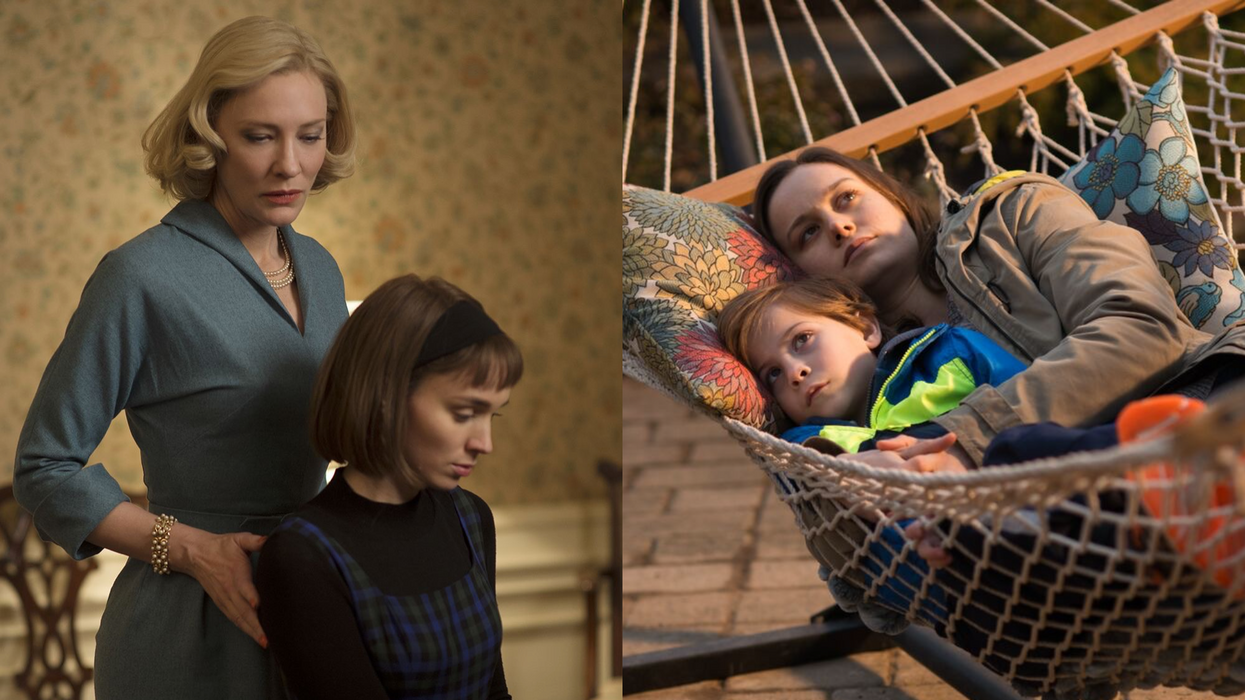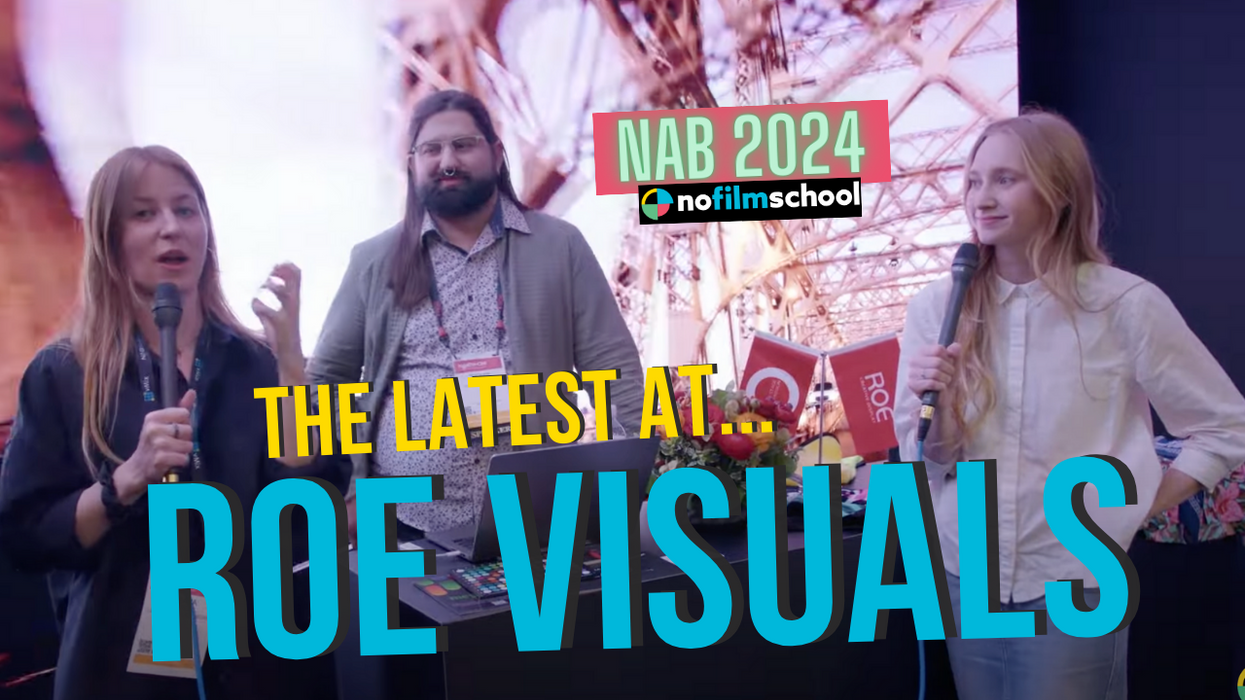5 Essential Tips From Oscar-Nominated Screenwriters of 'Carol' and 'Room'
Two Oscar-nominated screenwriters offer fascinating insights on how to shepherd tricky adaptations to the screen.

Seventeen years after its first draft, Carol, Phillis Nagy's adaptation of Patricia Highsmith's novel The Price of Salt, finally arrived last fall. Meanwhile, fellow Oscar nominee Emma Donaghue wasted no time; she adapted her book Room before it was even published. In a special interview episode of The Black List Table Reads podcast, Franklin Leonard digs into the stories behind these adaptations.
We recommend that you find time to listen to these interviews in full (below), but if you can't, here are five tips that all aspiring screenwriters should heed.
1. "Have conversations that are off the point to make the point."
When confronted with dramatizing the interior narrative of Highsmith's novel, Nagy realized that she needed her two main characters, Therese and Carol, to have conversations that didn't explicitly address the emotional tension between the characters. Unfortunately, Nagy points out, this type of subtle writing doesn't typically survive through the traditional Hollywood development process, so finding the right director who understands this style of storytelling is crucial. Thankfully for Nagy, Todd Haynes was exactly that kind of director.
2. "To convince people who are paying you that what they want is actually not good for the screenplay… you have to do what they want you to do."
Nagy touches on a refrain common among screenwriters: you will inevitably get notes on a draft that do a disservice to the film. As the writer, you can try to explain why those suggestions won't work, but Nagy's advice is to write exactly what those executives want — only then will they see the how their notes cause problems.
3. "If people want to throw you a little money [to write], the most important thing you can learn to do is to say no to everything but the stuff that you’re really good at."
Aspiring writers certainly look forward to the day when a producer or studio executive wants to hire them to write a screenplay. And while accepting any deal simply to get a paycheck may feel great (or even necessary), new writers would be wise to heed Nagy's advice. Be selective about which gigs to accept in order to avoid the pain and embarrassment of not being able to deliver.
4. "If you really want the rights to a book, write the author a damn good letter."
Before her best-selling novel Room was even published, author Emma Donaghue decided to write a draft of the screenplay because she knew how the story would work visually. Donaghue was approached by several producers and actors interested in acquiring the rights to her book, but she repeatedly said no because she didn't think any of their proposals matched her vision. Then, director Lenny Abrahamson wrote an impassioned ten-page letter to Donaghue expressing how much he loved the book, commenting on the story's philosophical references to Plato, and detailing exactly how he would shoot specific sequences. Upon reading the letter, Donaghue knew she had found the right partner. Interestingly, though, Donaghue's agent negotiated a deal where the author retained the rights to the story while Abrahamson's production company put together the financing for the film. It meant that both sides worked together in good faith so that Donaghue could keep control over her book. She signed over the story rights just before going into production.
5. "Originality can only be achieved by ignoring that craving for commercial success and just writing what you're obsessed with."
Like many successful screenwriters, Donaghue encourages emerging screenwriters to pursue their passions, not follow the marketplace. Trying to copy the latest Hollywood hit is a fool's errand, not only because you'll give up your unique voice, but you'll also already be two to three years behind the studio development process.
Be sure to subscribe to The Black List Table Reads podcast to listen to readings of some of the best screenplays Hollywood has yet to make as well as more screenwriter interviews like the one featured here. You can also download Phyllis Nagy's screenplay for Carol and Emma Donaghue's screenplay for Room while the studios still have them online for awards consideration.












